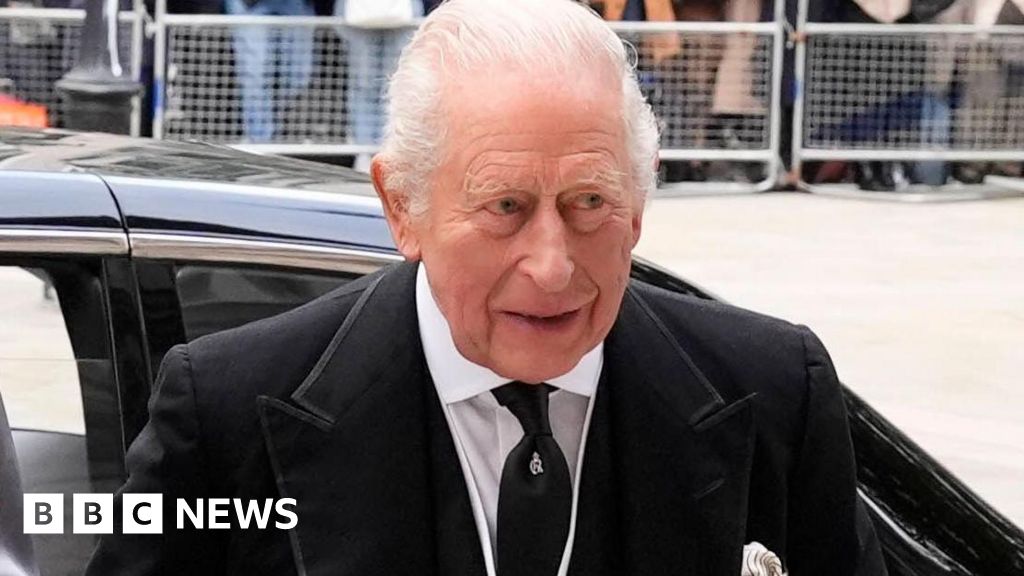Opinion
September 6, 2025 — 5.30am
September 6, 2025 — 5.30am
“A widower for six months, drinking has become his means of forgetting.” The sentence was plucked from a taster for ABC’s Bergerac reboot. Can you spot the bungle? Mary Dearing did. The word watcher added the booboo to her list of danglers.
Based on Jersey, Bergerac is the widower and drinker we’d met. Yet according to the flawed sentence, the widower is the pastime of drinking, not Bergerac. We call this a dangling modifier – or dangling participle – as the preliminary clause (“A widower for six months”) wrongly modifies boozing, not the cop. Better to say: “A widower for six months, Bergerac drinks to forget.”

The impurity is so rife it’s now a modern choice.Credit: Jo Gay
The mistake is easy to make. Columnist Kate Halfpenny fell for the trap with this memoir: “Growing up in a Tasmanian hotel-motel, my New Year’s Eve had a set rhythm.” Shades of the classic: “Walking down the street, the trees were majestic.” For all their flow, both sentences hide a deep illogic.
The funniest in the Dearing Collection concerns an architect: “Originally the horse paddock for the stately home behind, [John] Wardle likes to joke about the fertile patch of earth he found.” Man as meadow? It’s the reason grammar matters – yet not to the absolute.
David Field, say, noted this flaw: “Recently you wrote ‘the data ... suggests’. Where do you stand in general, in balancing correctness against common usage?” The rub is an irregular plural. Datum is a solo fact. Data – the plural – identifies several. Yet, I’d viewed the many as one, using “suggests” (the singular verb), which many of us do.
Loading
So which side of the Data Divide do you stand, asked David, since the impurity is so rife it’s now a modern choice. As a descriptivist I’m all for fluency (plus clarity) over pedantry. If “data is” sounds better, and nobody is thrown, play on. Heretical, perhaps, but English morphs.
Meanwhile John Alexander, a third reader, shared this pickle. “I came home from a football game and said, ‘We won’. To be clear, I wasn’t playing in the team. Rather I’d used ‘we’ instead of saying ‘the team from Newcastle won’. Is there a word for the use of ‘we’ in this context?”
Pronoun is the short answer, though John needed more. Compelling me to shine my G-light in the sky, the signal to summon Deb Doyle, grammar guru for hire. The gist for Deb was the idea of belonging: “‘We’ is first-person plural and more inclusive. John is a supporter rather than a team member. Yet the Knights include not only the team members but supporters, club officials, donors etc. Hence ‘we’ denotes the members of the club that won the game.” Congrats John – you (plural) won.
Craig McIntosh, however, sent the real head-scratcher: “I attended the funeral of one of my cousins (Colin) in Melbourne. I was chatting to someone I didn’t know and explained that ‘I’m Colin’s cousin from Sydney’. Not that ‘I was Colin’s cousin from Sydney.’ Present instead of past – which was right?”
Feelings aside, Deb did her grammar thing: “Craig lives in Sydney, in the present-simple tense; but his cousin Colin died, in the past-simple tense. At Colin’s funeral then, I’d have said, ‘I was Colin’s cousin [past simple]; I’m from Sydney [present simple].’ Two tenses bedded into one conjoined pair of sentences: a funeral mystery solved on paper. Though Detective Bergerac may fancy other theories.
Get tips, tricks and word games from our crosswords guru, plus links to our online puzzles and quizzes, delivered to your inbox every Saturday. Sign up for our Puzzled with David Astle newsletter.
Most Viewed in Culture
Loading


















































